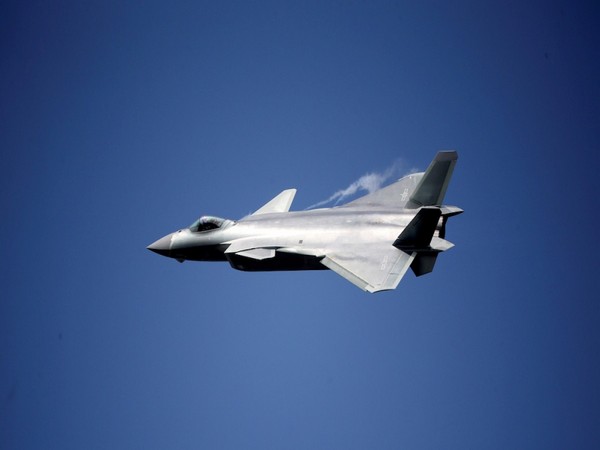With the Russia-Ukraine crisis in foresight, the US and Europe fear that Chinese President Xi Jinping will take the opportunity to attack Taiwan.
The start of Russia’s “military operation” last month has pushed Taiwan to the forefront of geopolitics again. While the western countries are afraid that Taiwan will face the same situation as Ukraine, the leaders of both the country (Taiwan and China) insisted that Taiwan and Ukraine are not on the same platform, American editorial magazine National Review reported.
On the other hand, Beijing stated that Taiwan is their internal matter and linking it to Ukraine would only add this matter to the western developed conspiracy “democracy against dictatorship”. While Taipei emphasizes that they are different from Ukraine in terms of its geostrategic and global supply-chain importance.
Russia started its military operation in Ukraine on the grounds of protecting its people from the so-called “genocide” in Ukraine, NATO’s expansion to the east and the need to “demilitarize” and “denazify” Ukraine.
The Washington-based magazine argues these justifications as an excuse for their aggression against Ukraine. The editorial claimed that Xi is an accomplice to Putin’s war of aggression. It says that the Chinese President has greatly increased his military intimidation of Taiwan since coming to power. On the same day that Putin started its military operation in Ukraine, nine Chinese military planes were seen inside Taiwan, violating Taiwan’s air-defence identification zone, according to National Review.
The editorial magazine also believes that China will attack Taiwan, regardless of the outcome of the Ukraine-Russia crisis. It further added that there are high chances of Xi launching its military operation in Taiwan. The Chinese President has already ordered his military to accelerate war preparation by achieving the People’s Liberation Army’s centenary goal of “liberating Taiwan” by 2027, National Review reported.
The National Review also stated that the US and other western countries need to be firm and clear in their resolve to defend Taiwan. And China’s one-China policy needs to be abandoned so that the sovereignty of Taiwan won’t be impacted. The U.S. passed the Taiwan Relations Act in 1979 after cutting off their diplomatic ties with China, promising that the US would “maintain the capacity of the United States to resist any resort to force or other forms of coercion that would jeopardize the security, or the social or economic system, of the people on Taiwan,” and subsequently than US President Reagan made “six assurances” and called for arms sales for Taiwan’s defence.
However, these are not binding obligations under international law, but rather unilateral commitments, according to National Review.

